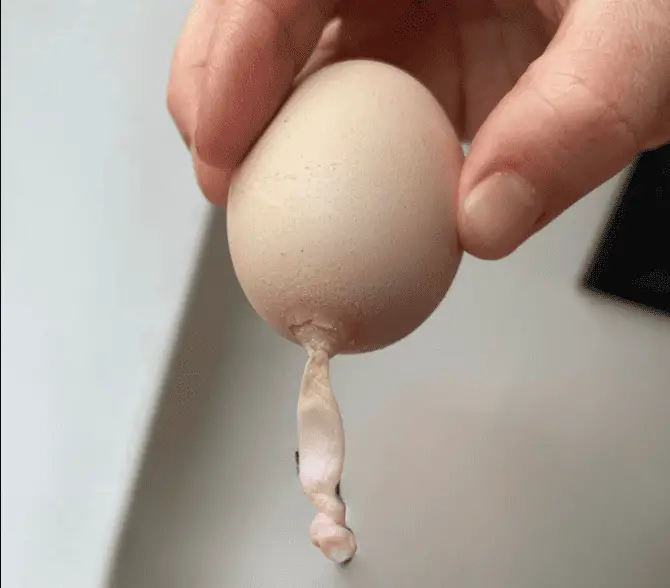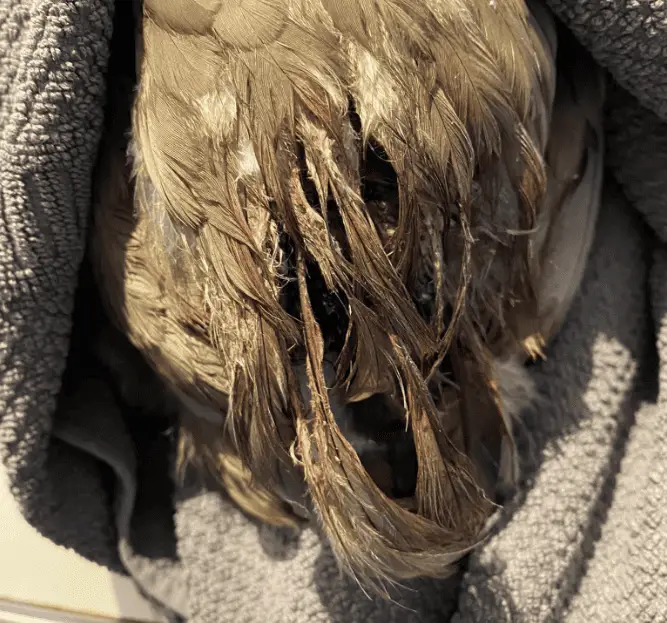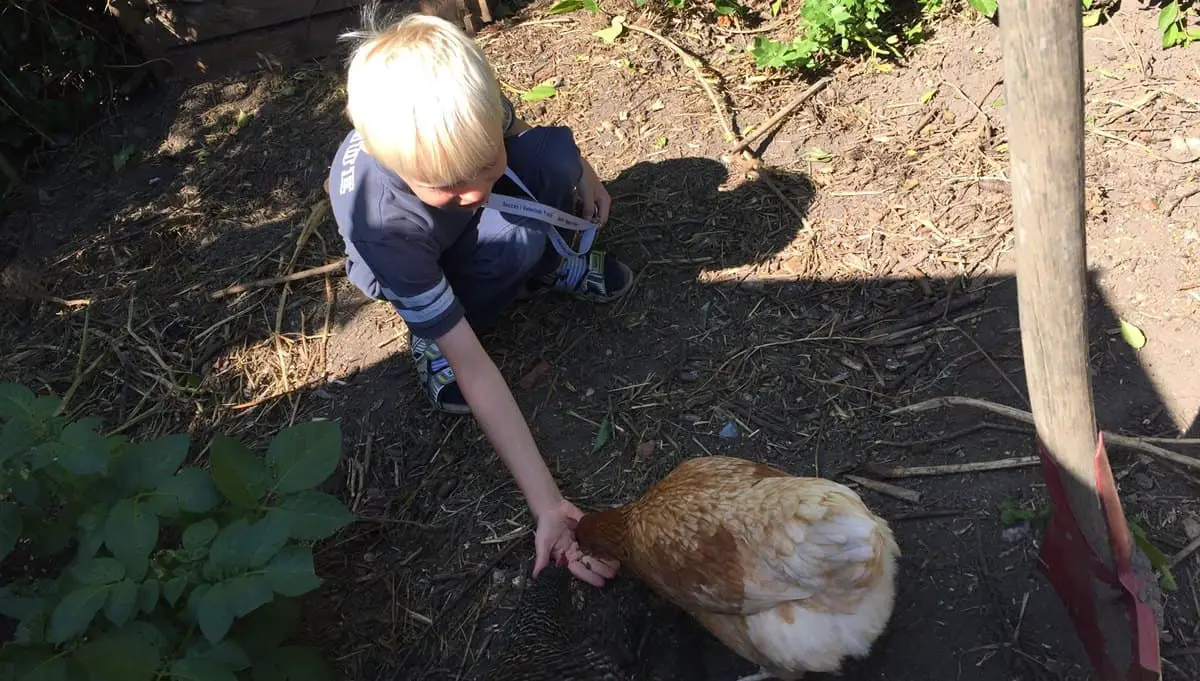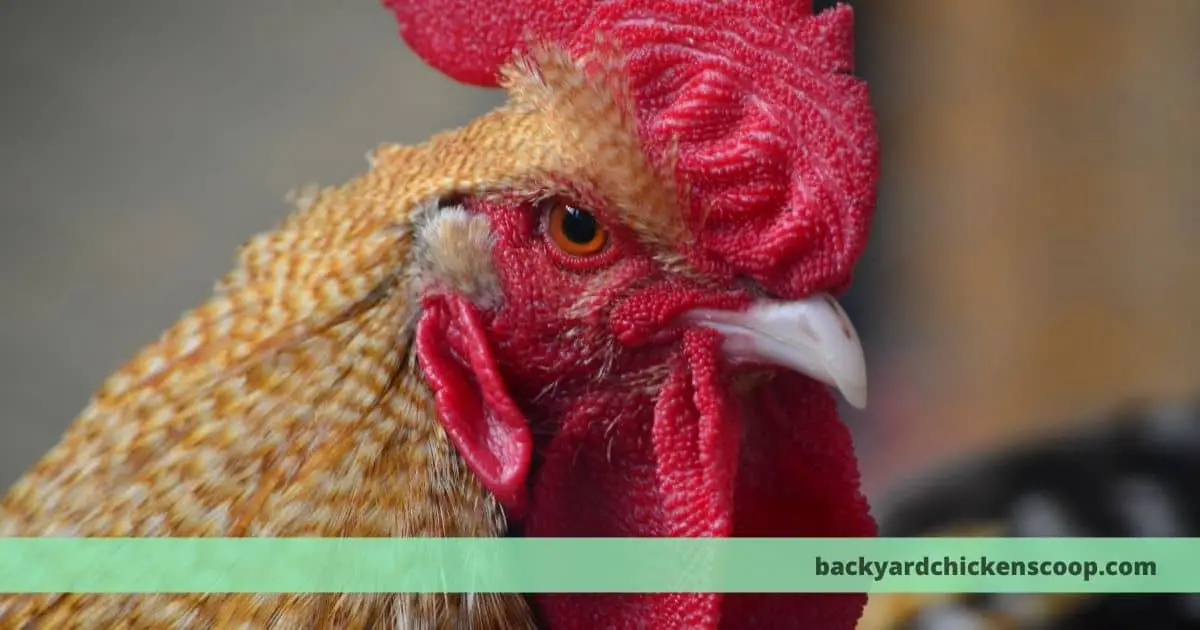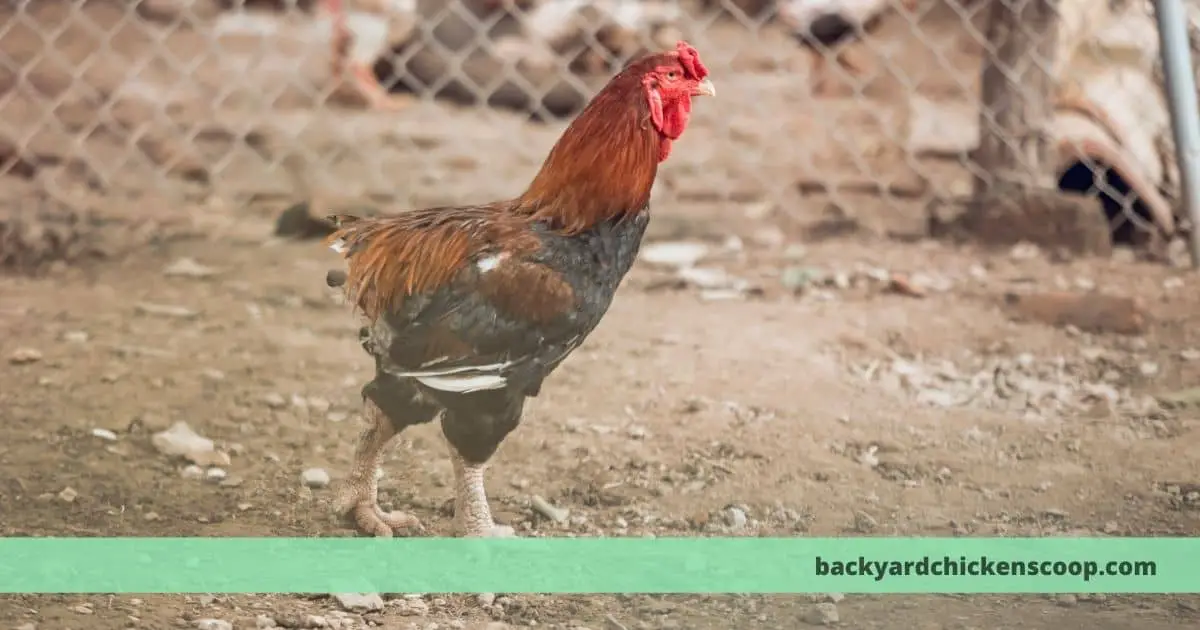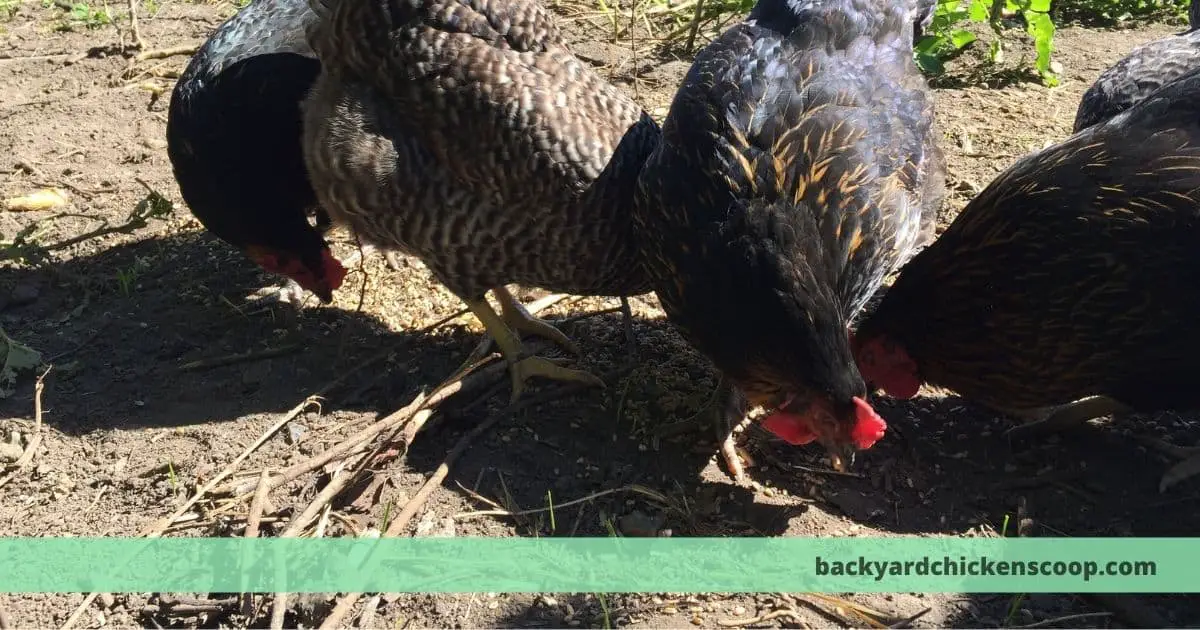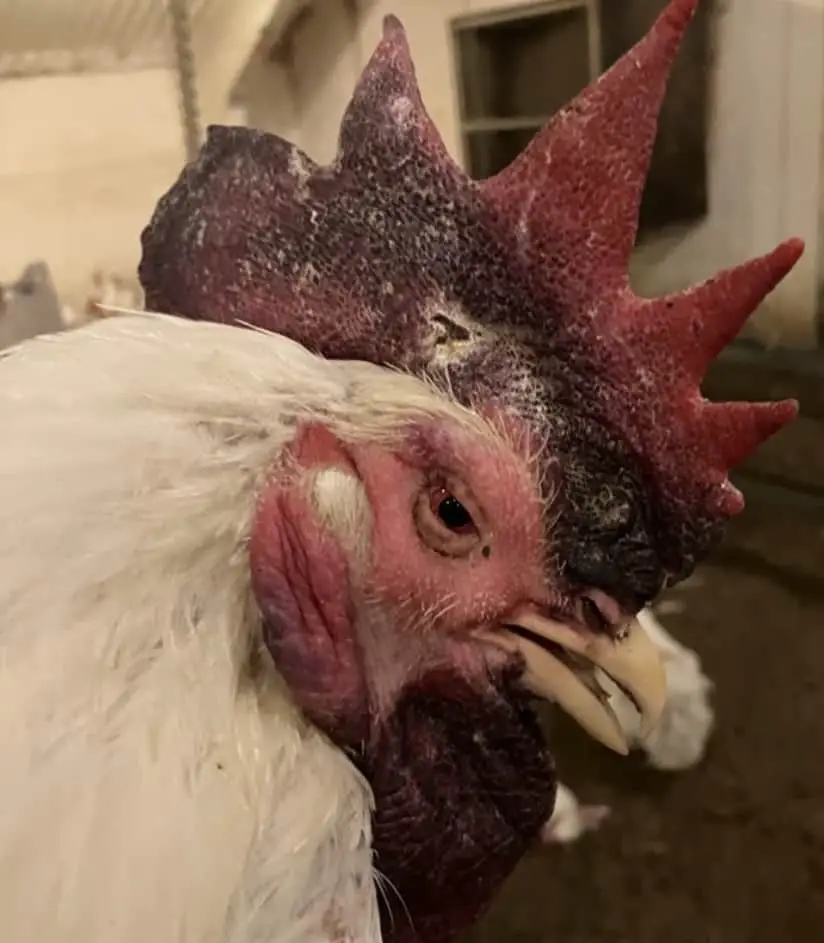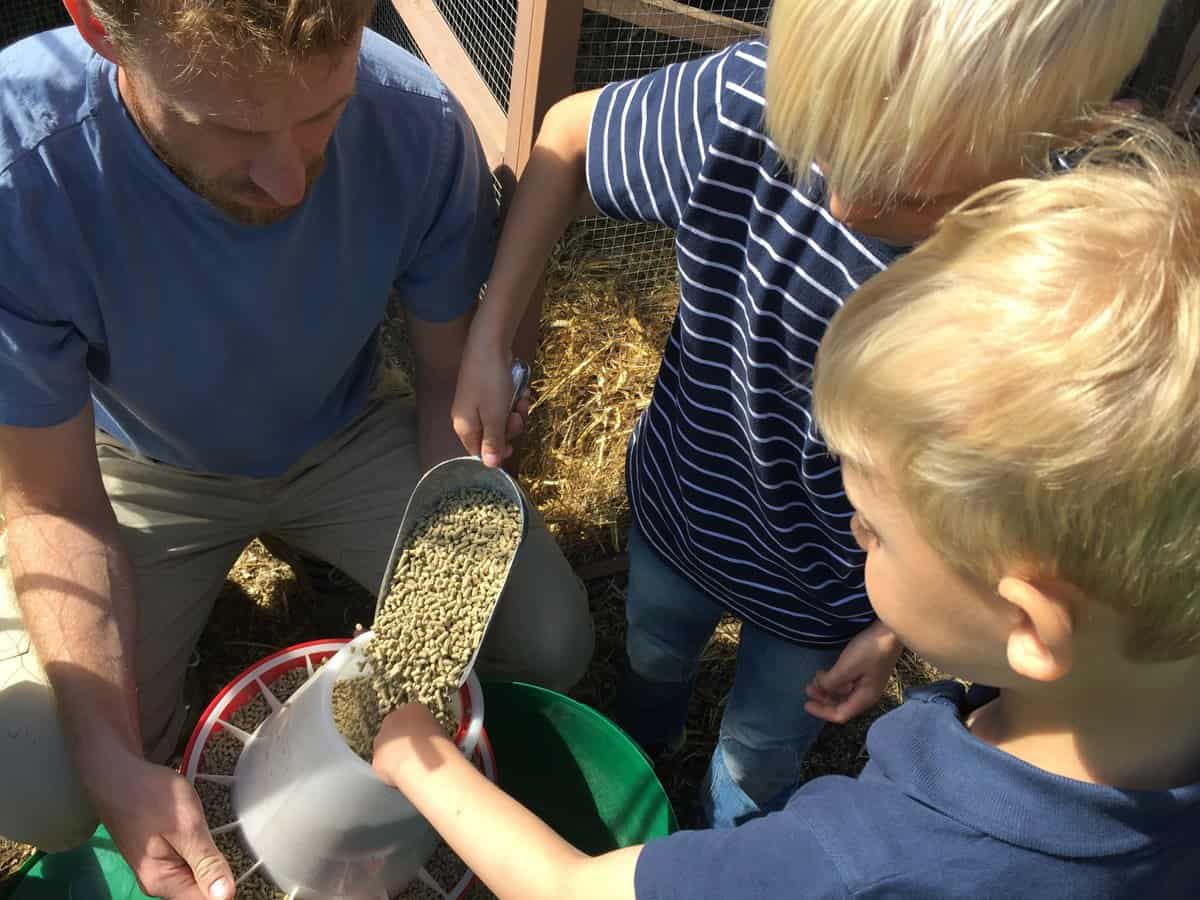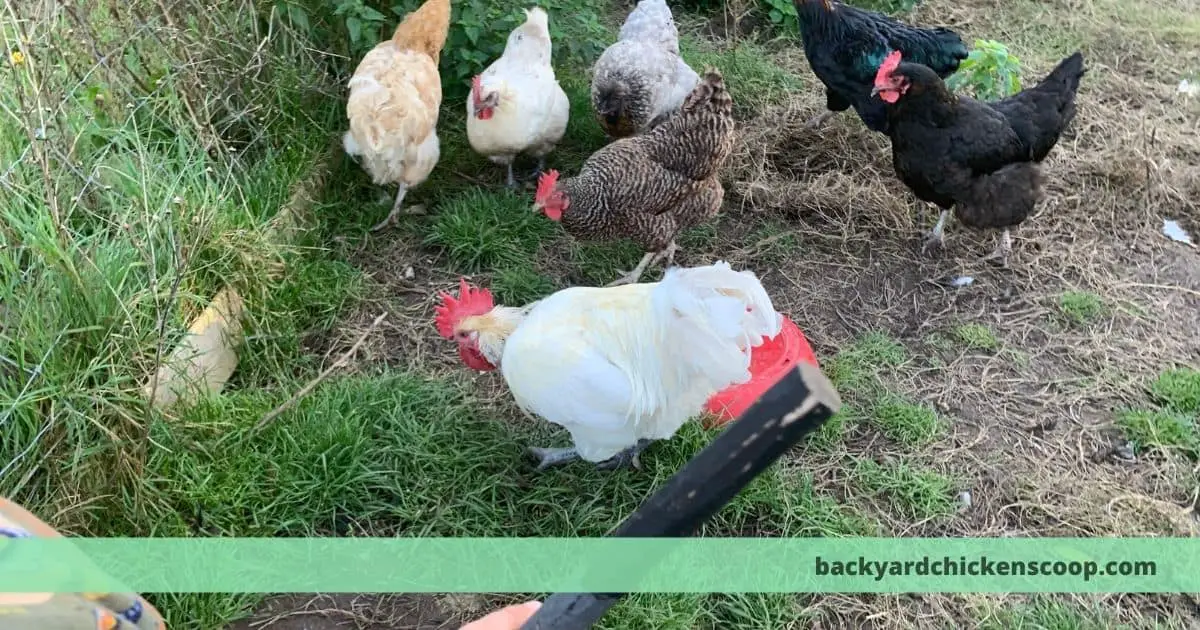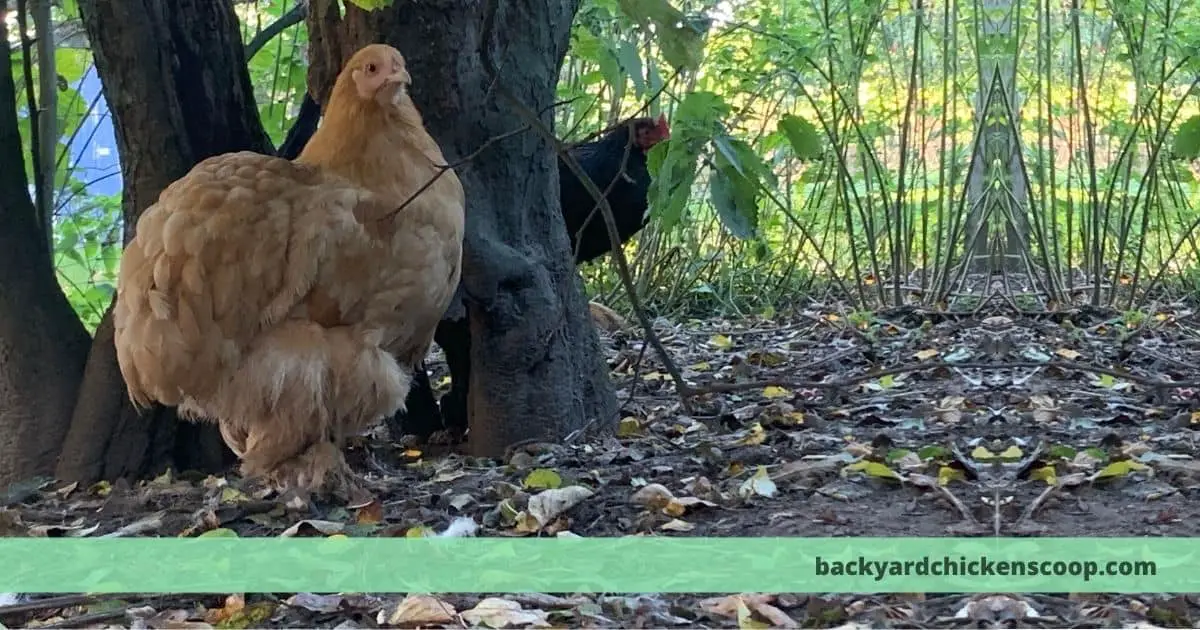In the tranquil setting of my own backyard, the soft clucks of my pet chickens often serve as a gentle reminder of the intricate balance of nature. But beyond the comforting sounds and the promise of fresh eggs, there’s a deeper narrative that resonates with organic poultry farming.
It’s a story of sustainability, harmony, and working with nature rather than against it. Let’s delve into this world and explore how organic poultry farming, backed by holistic approaches, is more than just about the right chicken feed.

Soren, a lifelong chicken enthusiast, shares his passion and expertise through BackyardChickenScoop.com. Raising chickens since childhood, he now teaches his two sons about care, life, and food origins.
Read more about us here…


